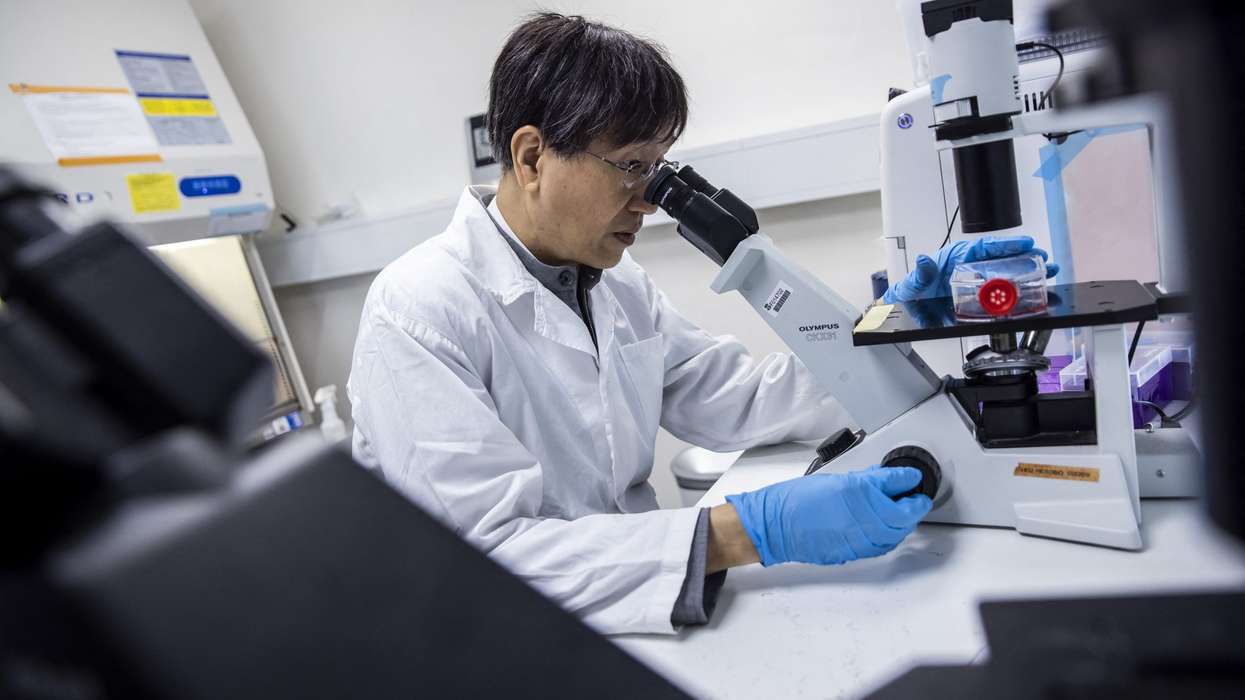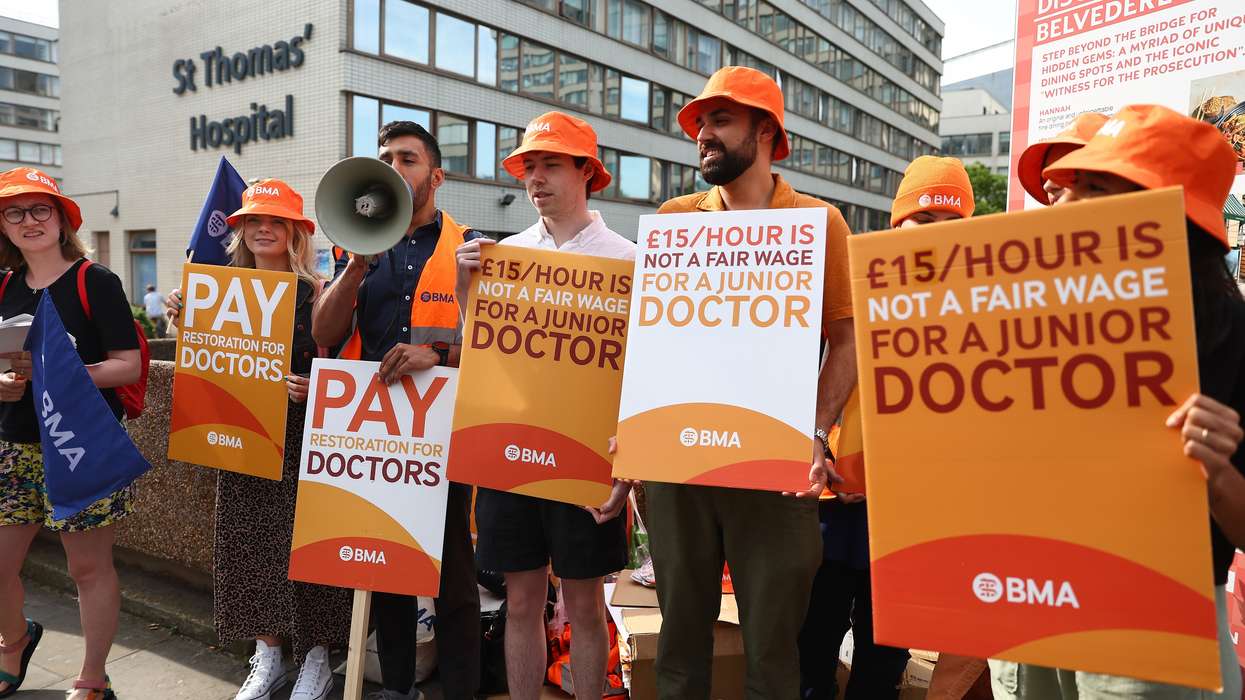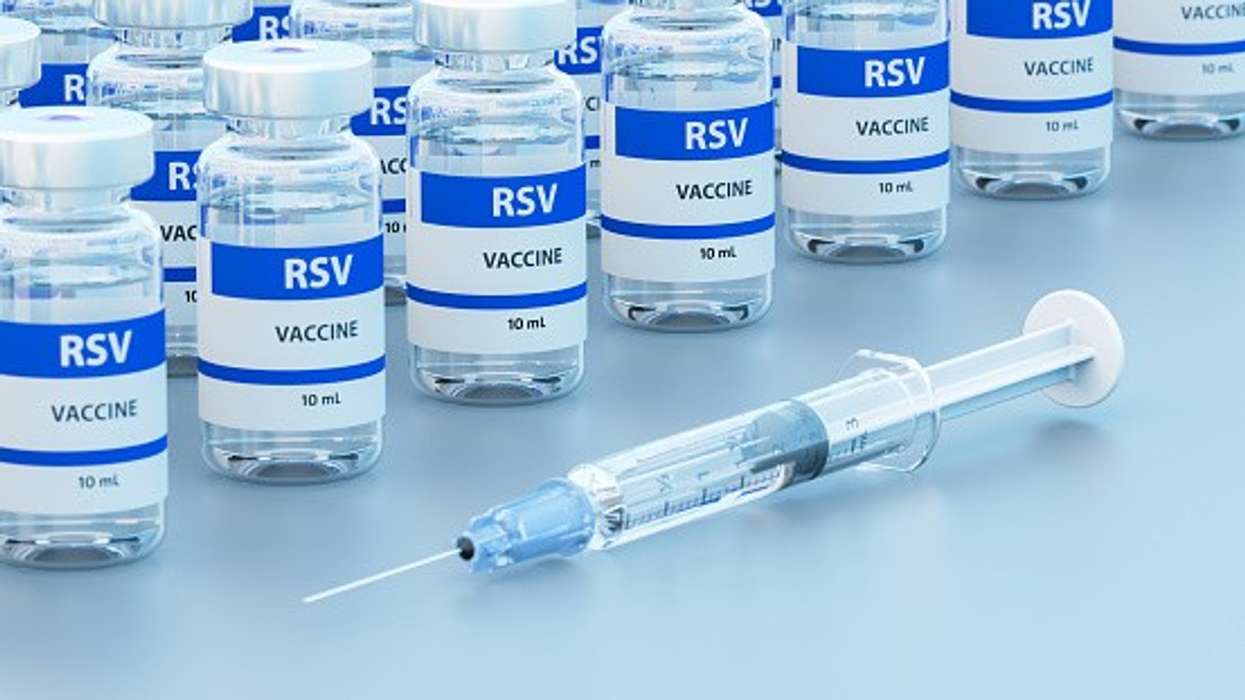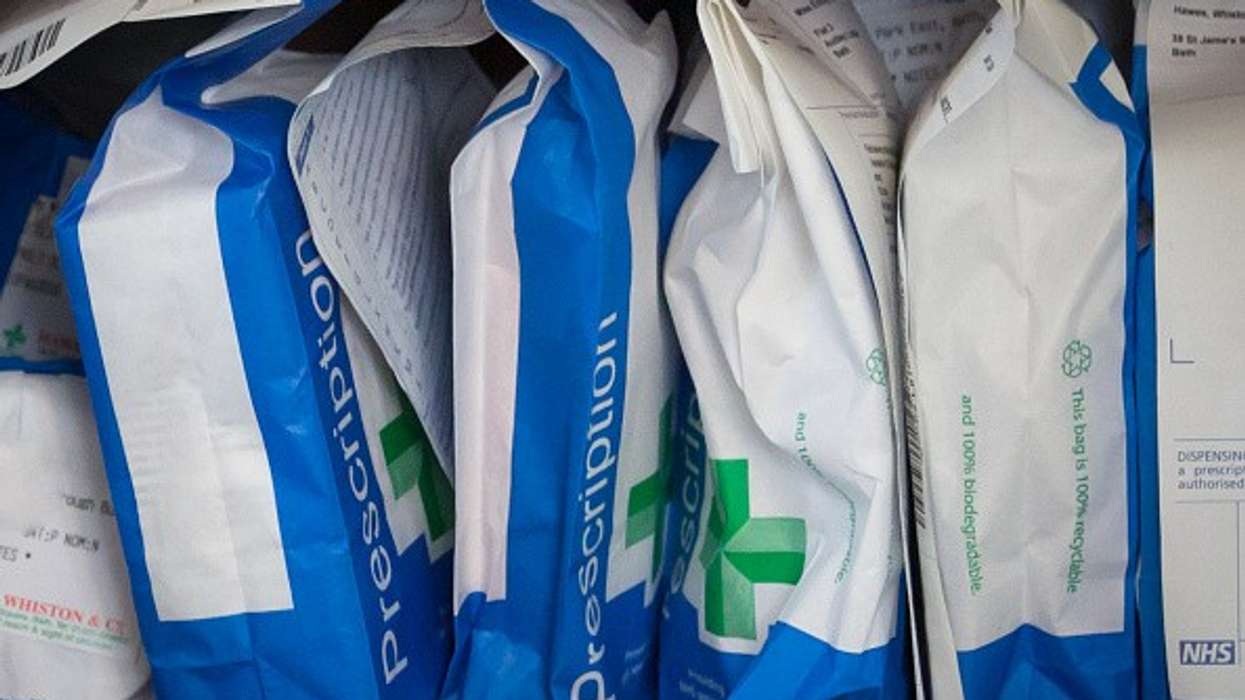The Pharmaceutical Services Negotiating Committee (PSNC)’s 2022 Pharmacy Advice Audit revealed that more than 1.2 million consultations a week – or 65 million a year – are now being carried out by community pharmacy teams in England.
This is an increase from 2021, when the audit results suggested that in total pharmacies were providing 58 million consultations per year.
PSNC has published the findings of the audit of over 4,000 community pharmacies carried out earlier this year. During the audit, 82,872 informal patient consultations were recorded, with the average pharmacy completing 19 consultations per day.
This suggests that more than 1.2 million informal consultations are taking place in community pharmacies in England every week.
The audit helped to quantify the number of informal referrals being made to pharmacies by GPs and NHS 111, with 7,774 informal patient referrals into pharmacy coming from these routes; grossed up to a national level that means 117,000 cases per week.
These are all referrals that could and should have been made by the NHS Community Pharmacist Consultation Service (CPCS).
For the first time, the audit enabled PSNC to assess the level of severity of the conditions with which patients are presenting in community pharmacies: it is clear that pharmacies are regularly seeing patients in very urgent need of help.
The 2022 Pharmacy Advice Audit was the third audit that pharmacies have taken part in and PSNC has already used the data in funding discussions with Government and the NHS. Many thanks to all pharmacy teams who took part this year and to LPCs for supporting engagement with the audit.
Extrapolating the results of the audit, PSNC has found that Community pharmacies save roughly 32.2 million GP appointments per year.
It also revealed that over half a million consultations a week, or eight consultations a day, occur in each community pharmacy for clinical advice alone, where no sale of a medicine is made.
The audit results also show that the number of face-to-face consultations being carried out in community pharmacies has increased since 2021.
PSNC chief executive Janet Morrison commented: “As a newcomer to the community pharmacy sector I was aware that the public and patients could go into pharmacies for healthcare advice, but I did not realise the extent to which this is happening. These audit results show just how heavily the nation has come to rely on community pharmacies, as well as how severe the impact could be for the rest of the NHS if this were to be put at risk
“It is clear that pharmacies are increasingly becoming the first port of call for healthcare advice, and that both patients and other healthcare professionals are turning to them more and more. Pharmacies are proving themselves time and again to be the most accessible healthcare locations, helping patients with a wide range of increasingly complex conditions and needs. It is astonishing that this work is all being done without specific funding, and worrying to see GP and NHS 111 referrals coming through outside of the CPCS, and we’ll continue to try to address this through our negotiations.
“A huge thank you is owed to all the community pharmacy teams who took part in this advice audit; I know that doing so will have added yet more pressure to your busy days, but the results tell a very powerful story that we have already put to effective use in our discussions with the Government and NHS. It will continue to be important for us to gather this sort of data to track trends over time, and to provide critical evidence on an ongoing basis for use in negotiations.”











